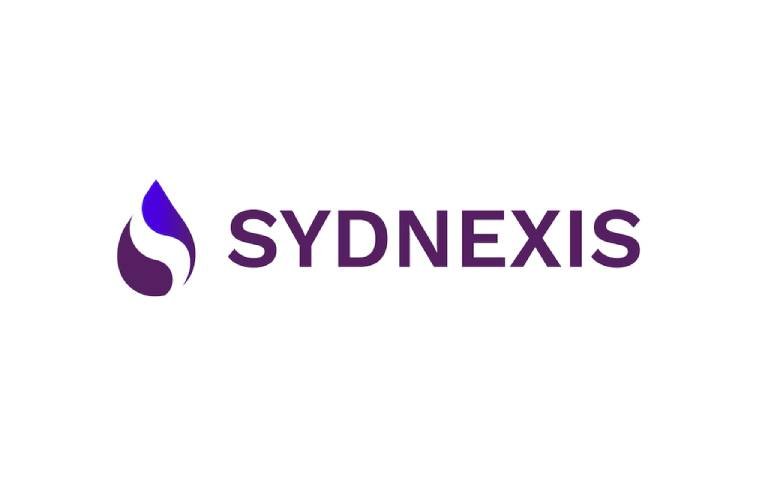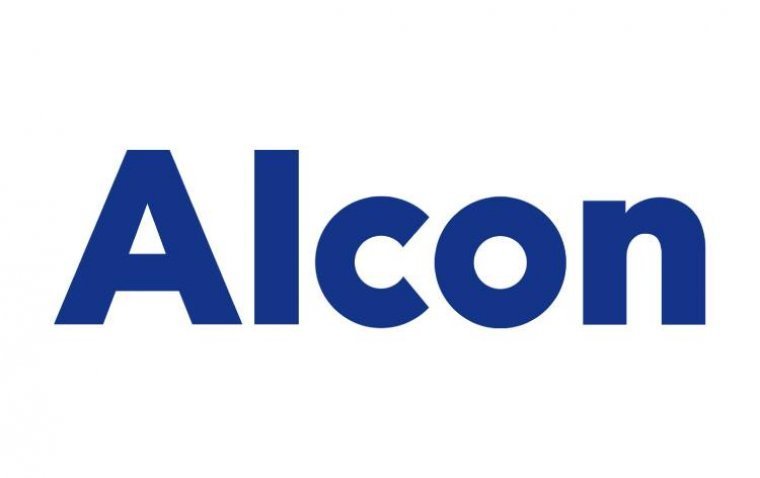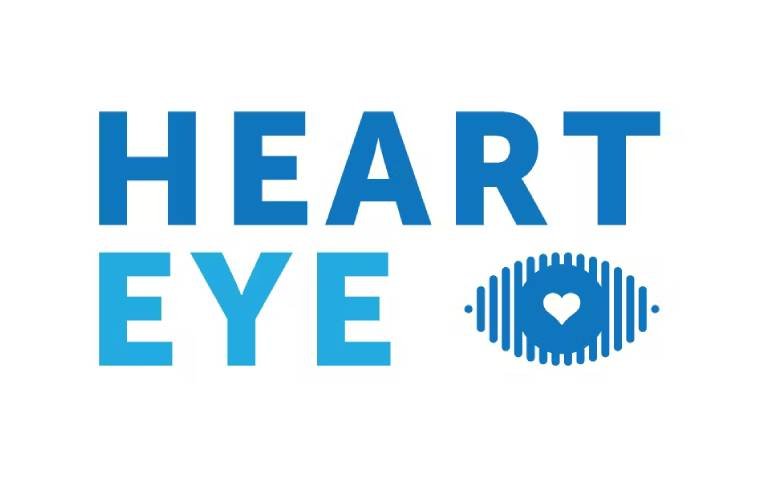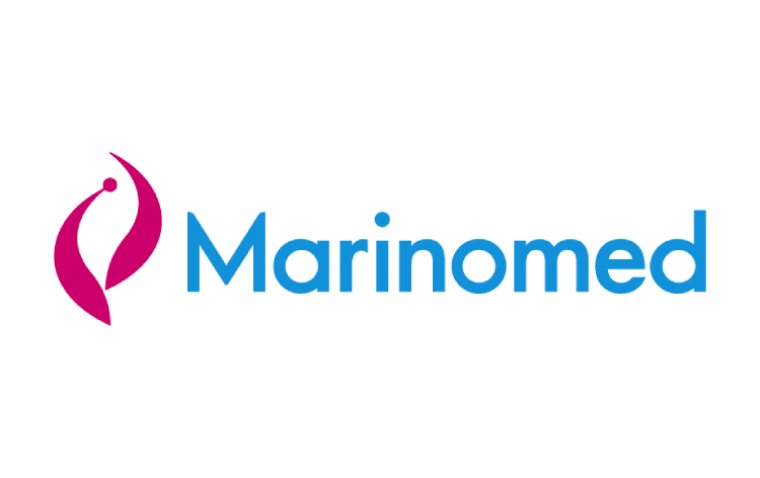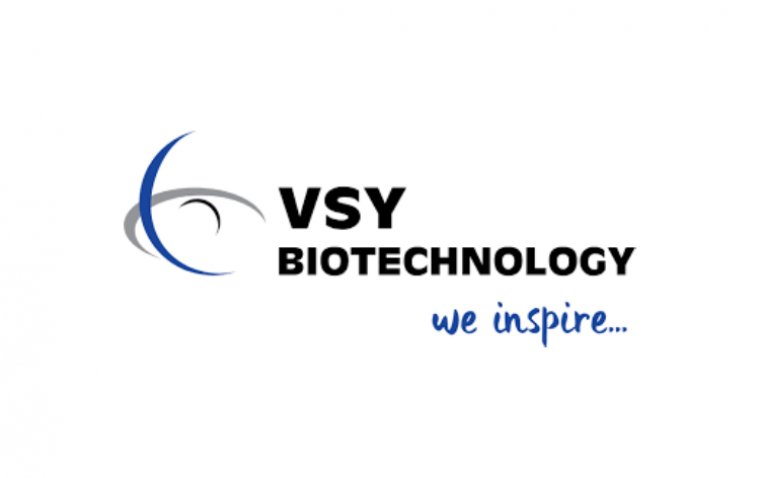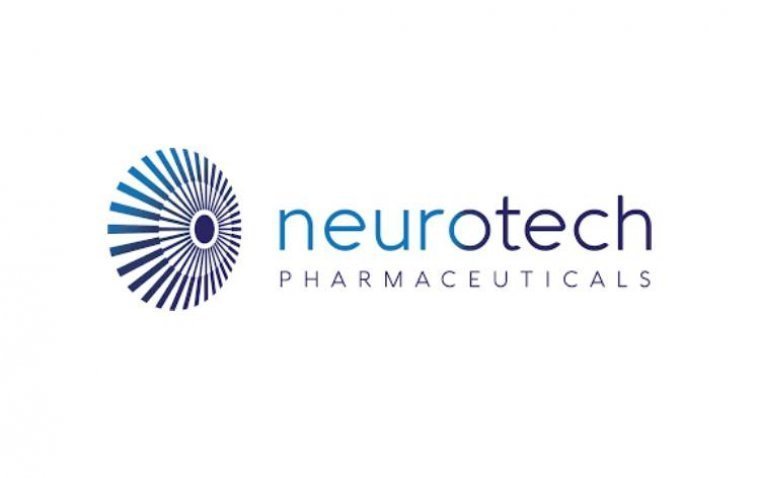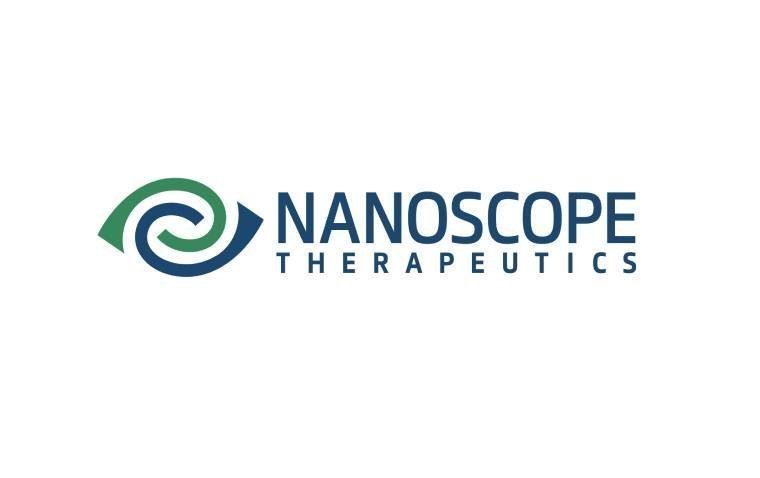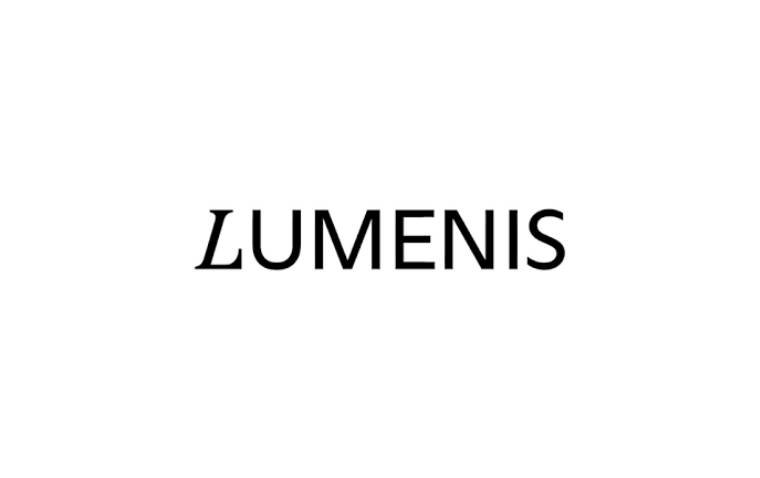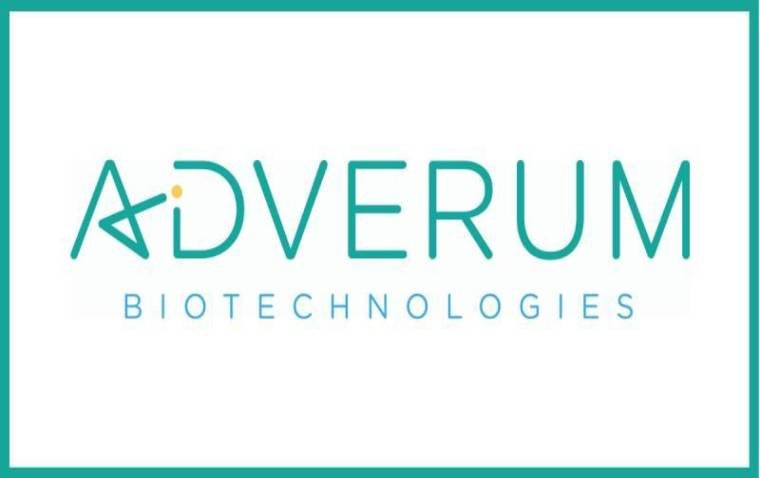
Adverum Announces Positive Results from LUNA Phase 2 and OPTIC Long-Term Studies on Gene Therapy for Wet AMD
Adverum Biotechnologies has released promising 52-week topline results from its Phase 2 LUNA trial and new 4-year data from the Phase 1/2 OPTIC study for its gene therapy candidate Ixo-vec (AAV.7m8-aflibercept), targeting wet age-related macular degeneration (AMD).
Transformative Potential of Ixo-vec
“We are thrilled to report 52-week LUNA data and 4-year OPTIC data that continue to support Ixo-vec as a transformative and potential best-in-class therapy,” said Laurent Fischer, MD, President and CEO of Adverum Biotechnologies.
Key Benefits Demonstrated:
• Durable therapeutic aflibercept levels maintained for up to 5 years.
• Over 80% reduction in injection burden.
• Greater than 50% injection freedom, highlighting Ixo-vec’s ability to significantly reduce or eliminate the need for regular anti-VEGF injections.
In real-world settings, nearly 57% of wet AMD patients discontinue anti-VEGF treatment within 5 years, often resulting in significant vision loss. Ixo-vec offers a durable and predictable safety profile, addressing this critical unmet need.
LUNA Phase 2 Trial: Key 52-Week Findings
The LUNA study, a randomized, double-masked trial involving 60 patients, evaluated two dose levels (6E10 and 2E11 vg/eye) and prophylactic regimens to mitigate inflammation.
Highlights at 52 Weeks:
• Visual Stability: Maintenance of Best Corrected Visual Acuity (BCVA) with minimal change from baseline.
• Retinal Health: Significant reduction in Central Subfield Thickness (CST), indicating reduced retinal fluid levels.
• Injection Reduction:
- 88% (6E10) and 92% (2E11) reduction in anti-VEGF treatment burden.
- Over 50% of patients remained injection-free after one year.
- In the higher-dose cohort, 75% required only one or fewer injections over the year.
Patient Preference:
A pre-specified patient survey revealed overwhelming support for Ixo-vec:
• 93% preferred Ixo-vec over prior anti-VEGF therapies.
• 100% of patients on the 6E10 dose preferred Ixo-vec and would opt for treatment in both eyes if needed.
• Patients reported that topical eyedrop prophylaxis was easy to manage.
“These findings strongly support advancing the 6E10 dose and topical-eyedrops-only prophylaxis into Phase 3,” said Rabia Gurses Ozden, MD, Chief Medical Officer at Adverum.
OPTIC Phase 1/2 Study: Durable 4-Year Outcomes
The OPTIC study enrolled patients with severe wet AMD requiring frequent anti-VEGF injections. Long-term results at 4 years demonstrate:
• 86% reduction in annual anti-VEGF injections.
• Nearly 50% of participants remained injection-free throughout the follow-up period.
• Stable therapeutic aflibercept levels detected up to 5 years post-treatment, highlighting Ixo-vec’s durability.
Future Plans: Phase 3 ARTEMIS Trial
Adverum is set to launch the pivotal Phase 3 ARTEMIS trial in the first half of 2025. This study will involve 284 patients in the U.S. and aim to establish Ixo-vec as a standard of care for wet AMD.
ARTEMIS Trial Design:
• Double-masked, randomized structure.
• Inclusion of both treatment-naïve and experienced wet AMD patients.
• Primary endpoint: Noninferiority to standard anti-VEGF treatments in terms of BCVA.
A New Era in Wet AMD Treatment
Adverum’s gene therapy candidate, Ixo-vec, represents a significant advancement in the treatment of wet AMD. With its durable efficacy, reduced injection burden, and patient-preferred approach, Ixo-vec has the potential to transform the standard of care, offering a promising solution for a long-standing unmet need in ophthalmology.
(1).jpg)
